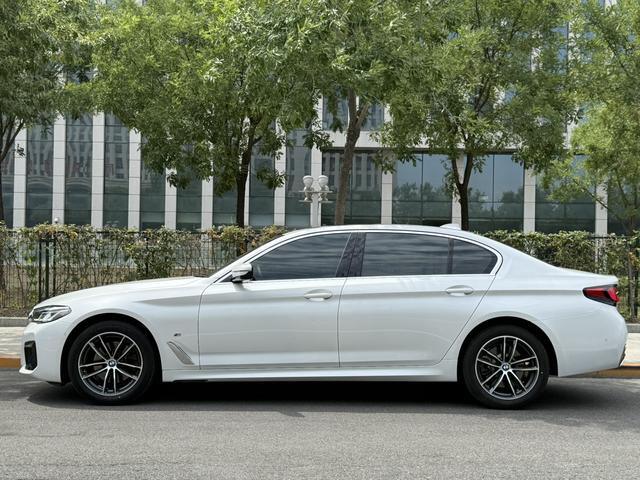Essential Inspection Guidelines for Pre-owned Vehicles with Limited Use
Shopping for a low mileage car can seem like finding a hidden gem in the automotive market. These vehicles often promise less wear and tear, potentially better condition, and longer remaining lifespan. However, low mileage doesn't automatically guarantee a perfect vehicle. Understanding what to examine and verify before making your purchase can save you from costly mistakes and ensure you're getting the best value for your investment.
While a low mileage car might appear pristine at first glance, there are numerous crucial factors to consider beyond just the odometer reading. From maintenance history to storage conditions, each aspect plays a vital role in determining the vehicle's true value and condition. Let's explore the comprehensive checklist that every potential buyer should follow when evaluating a low mileage car.
Understanding Vehicle History and Documentation
Maintenance Records and Service History
When examining a low mileage car, comprehensive maintenance records become particularly important. Even with limited use, vehicles require regular maintenance to keep their systems functioning properly. Request complete service documentation from the seller, including oil changes, fluid replacements, and any repairs performed. Pay special attention to whether the manufacturer's recommended maintenance schedule was followed, even if the mileage intervals weren't met.
Look for records of timing belt replacements, brake service, and other critical maintenance items that are time-based rather than mileage-based. A low mileage car that hasn't received proper maintenance can actually be in worse condition than a well-maintained higher mileage vehicle.
Vehicle Storage Conditions
The storage environment plays a crucial role in preserving a low mileage car's condition. Inquire about where and how the vehicle was stored during periods of inactivity. Cars kept in climate-controlled garages typically fare better than those left outside exposed to the elements. Look for signs of prolonged storage such as dry rot in rubber components, rust in unusual places, or deteriorated weatherstripping.
Extended periods of inactivity can lead to various issues, including battery degradation, fuel system problems, and seal deterioration. Understanding the storage history helps assess potential hidden problems that might not be immediately apparent.

Mechanical and Physical Inspection Points
Engine and Transmission Assessment
The engine and transmission in a low mileage car require thorough inspection despite their limited use. Start the engine cold and listen for unusual noises, check for smooth idle, and observe any smoke from the exhaust. Pay attention to how the transmission shifts through all gears, as seals and internal components can deteriorate even with minimal use.
Have a professional mechanic perform a compression test and check for any fluid leaks. Sometimes, low mileage cars can develop issues from sitting too long, including dried seals, stuck components, or corrosion in the fuel system.
Body and Interior Condition
Examine the vehicle's body panels for signs of repair, repainting, or rust. Even low mileage cars can develop corrosion if exposed to harsh environments or improper storage. Check panel gaps for consistency and look for any mismatched paint or evidence of accident repair.
Inside the vehicle, inspect all leather, vinyl, and fabric surfaces for wear, cracking, or sun damage. Test all electronic components, including power windows, locks, and climate control systems. These items can fail due to age regardless of mileage.
Technical and Performance Verification
Electronic Systems and Modern Features
Modern vehicles contain sophisticated electronic systems that require testing. Ensure all safety features, entertainment systems, and driver assistance technologies function correctly. Use an OBD scanner to check for any stored error codes or pending issues that might not trigger warning lights.
Pay special attention to the battery management system and any hybrid components if applicable. These systems can be particularly sensitive to periods of inactivity and may require specialized testing or replacement.
Road Test Evaluation
A thorough road test is essential when evaluating a low mileage car. Listen for unusual noises, feel for vibrations, and assess the vehicle's overall performance. Check the brakes for smooth operation and ensure the steering remains straight with no pulling to either side.
During the test drive, take the vehicle through various driving conditions if possible. This includes highway speeds, city driving, and different road surfaces to reveal any potential issues that might not be apparent during casual inspection.
Financial and Legal Considerations
Market Value Assessment
Research the market value of similar low mileage cars to ensure you're paying a fair price. Consider factors such as age, condition, and local market conditions. Remember that extremely low mileage doesn't always justify a premium price, especially if the vehicle requires significant maintenance or repairs.
Factor in potential maintenance costs and any immediate repairs needed. Sometimes, paying more for a slightly higher mileage car with complete service history and proper maintenance can be a better investment.
Insurance and Warranty Options
Investigate insurance costs and available warranty options for your prospective low mileage car. Some insurers may offer better rates for low mileage vehicles, while others might consider the car's age as a more significant factor. Extended warranty options can provide additional peace of mind, especially for luxury or high-end vehicles.
Consider whether the original manufacturer's warranty is still valid and what it covers. Some warranties expire based on time rather than mileage, so a low mileage car might still be outside its warranty period.
Frequently Asked Questions
Is a low mileage car always better than a higher mileage one?
Not necessarily. While lower mileage generally means less wear and tear, proper maintenance and care are more important factors. A well-maintained higher mileage car can be a better choice than a neglected low mileage vehicle that has sat unused for extended periods.
How can I verify if the mileage shown is genuine?
Request service records and vehicle history reports to cross-reference mileage readings over time. Look for consistency in documentation and check for signs of odometer tampering. Professional inspection can also help verify if the wear patterns match the stated mileage.
What additional maintenance might a low mileage car need?
Low mileage cars often need attention to age-related issues such as rubber components, fluids, and seals that can deteriorate over time regardless of use. They may require fuel system cleaning, brake system maintenance, and replacement of time-sensitive components like timing belts.

